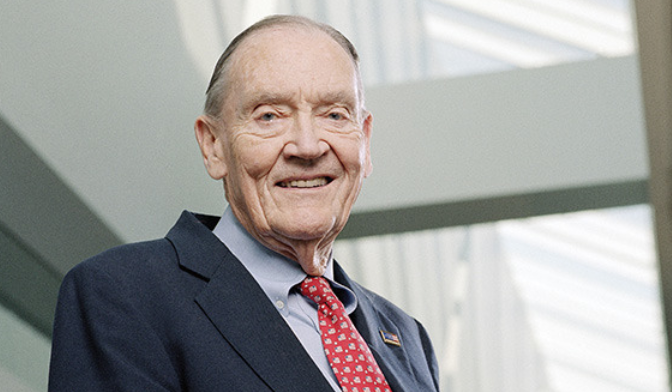Consider an excerpt:
WSJ: What do you mean by emotional finance?
PROF. TUCKETT: What we try to do in emotional finance is start with the fact that the future is unknowable. The key thing about uncertainty is that it inevitably generates feelings. Because it matters to you, because your money’s on the line, so to speak, you’re bound to feel emotionally engaged.
WSJ: Some people think pros are more rational than individual investors.
PROF. TAFFLER: Although most of the fund managers we interviewed saw part of their particular competitive advantage as remaining, as they described it, unemotional or rational, in practice they were just as emotional as anyone else when they started to talk about the stocks they had invested in. There were lots of examples where they referred to them almost as if they were lovers.
If you’re entering into an emotional relationship with a stock, an asset or a company that can let you down, this leads to anxiety, which is often not consciously acknowledged. But it’s there, bubbling beneath the surface.


 If you haven’t read Steven Drobny’s Inside the House of Money: Top Hedge Fund Traders on Profiting in the Global Markets, newly revised and updated (Wiley, 2014) you should immediately add it to your “to do” list. It doesn’t matter whether you’re a global macro trader or not. I’m not, and yet it’s one of the very few books I keep returning to and learning from.
If you haven’t read Steven Drobny’s Inside the House of Money: Top Hedge Fund Traders on Profiting in the Global Markets, newly revised and updated (Wiley, 2014) you should immediately add it to your “to do” list. It doesn’t matter whether you’re a global macro trader or not. I’m not, and yet it’s one of the very few books I keep returning to and learning from.